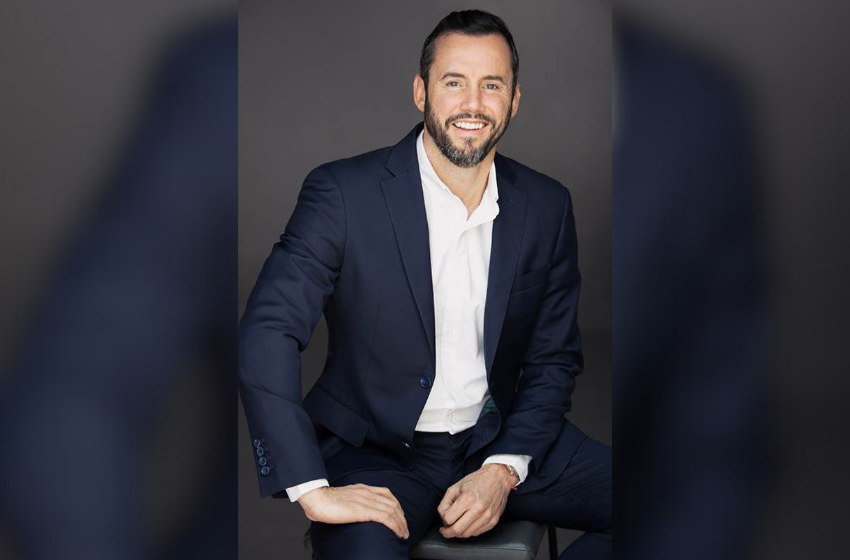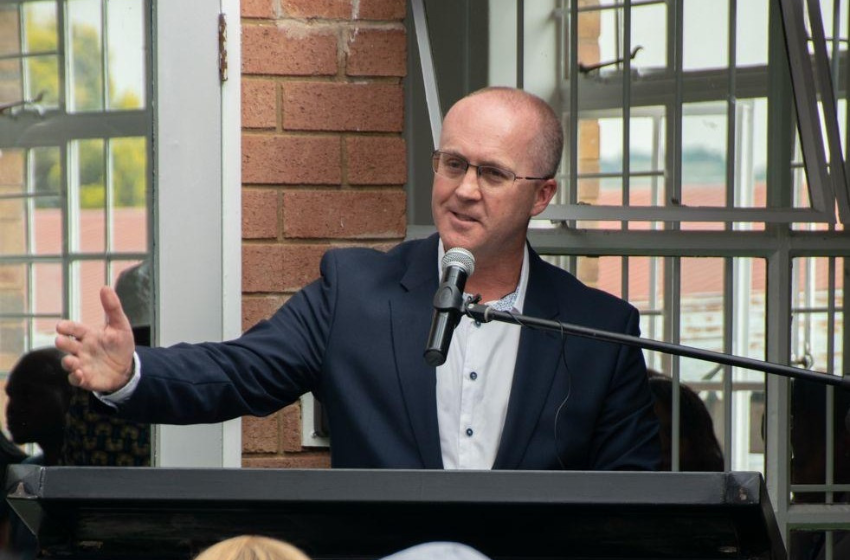
Author: Raindren Moodley, Ariston Global
As accountants and advisors to growth businesses across South Africa, we’ve seen it time and time again: the Founder’s Trap. It’s a scenario where a business, driven by the energy, vision, and relentless hard work of its founder, hits a wall. Instead of thriving, it starts to stagnate, trapped by the very qualities that initially made it successful. But often, it’s not necessarily a trap — it’s a maze.
The good news is that a maze can be navigated. When founders realise that they’re not trapped but simply facing a complex path, they can learn to identify the obstacles and chart a route around them.
I know this story because I’ve lived it. When I joined a founder-led business, I vividly recall how our owner insisted on doing everything himself. He held onto the company bank accounts with an iron grip, micro-managed every transaction, and personally approved each invoice. At first, it seemed like the safest path, but as the business grew, these habits turned into walls in the maze, preventing us from moving forward.
Growth only began once he let go, trusting our team to manage financial controls and implement stronger processes. Learning to trust others wasn’t just a necessity; it was a turning point.
Many South African businesses find themselves in this same position. Getting stuck in this maze can be particularly damaging when it comes to financial management. As the Group Financial Manager, I realised that success lies in recognising the maze for what it is and making strategic choices to help business owners achieve sustainable growth.
Here’s how I navigate the complexity and help business owners to avoid dead ends, especially when it comes to managing finances.

Financial myopia: cash in the bank vs. strategic growth
One of the most common dead ends in the Founder’s Maze is a narrow focus on cash flow — specifically, how much cash is in the bank account at any given time. While cash flow is crucial, focusing on it to the exclusion of all else can create a tunnel vision that can block opportunities for growth.
Take the example of a manufacturing business we recently worked with. The founder prided themselves on deploying cash when it was available, avoiding debt at all costs. On the surface, this might seem prudent. But this approach meant missing out on bulk-buying opportunities that could have significantly reduced costs.
By only purchasing raw materials when they had cash on hand, the business not only paid higher prices but also faced inconsistent supply, which impacted their ability to meet customer demand. When we introduced them to the idea of leveraging their balance sheet — using credit facilities strategically — it opened up new possibilities. They began to bulk-buy at reduced rates, improving margins and creating a more predictable production cycle. The lesson? Effective financial management goes beyond the cash in your bank account.

The VAT trap: managing tax obligations
Another challenge we frequently see is a lack of foresight regarding VAT and other tax obligations. For many founder-led businesses, VAT is treated as “extra money” until it’s due, leading to unpleasant surprises and cash flow crises.
In the case of the manufacturing client, their sporadic purchasing habits also had VAT implications. By consolidating purchases and planning cash flows around VAT payments, they not only avoided last-minute scrambles but also improved their financial predictability.
An overly narrow focus on tax positions can detract from a business’s broader vision and objectives, leading to missed opportunities and a reluctance to pursue growth, all in an effort to avoid the taxman.

You can do anything, but you can’t do everything
Founders often excel in the technical aspects of their businesses but struggle with financial management. An engineering firm we work with exemplifies this. They are exceptional engineers, producing world-class solutions, but their financial acumen left much to be desired.
Without proper financial oversight, the firm struggled with inconsistent cash flow and lacked the ability to forecast expenses effectively. They treated each month as a standalone challenge rather than building a long-term financial strategy. This led to another common pitfall: the founder failed to distinguish between running the business as a job and building it as a legacy.
When we stepped in, we emphasised the importance of delegating financial management to professionals. Good financial controls — implemented by a skilled finance team — can help founders avoid these pitfalls. For many entrepreneurs, this means stepping back and allowing financial professionals to manage these critical aspects of the business.
Stepping back doesn’t mean stepping away. As a founder, your role evolves as your business grows. Instead of being the doer, you become the strategist. Letting go of operational control, especially in finances, can feel like losing control. But in reality, it’s about gaining the freedom to focus on the bigger picture.
In our own journey, this shift was transformative. By entrusting my team with financial controls, we not only improved our internal systems but also freed up time to the owner to focus on growth. Implementing structured approval processes, setting up real-time dashboards, and relying on skilled professionals made all the difference.
The Founder’s Trap can feel like a dead-end without the right navigation. On the journey to success, founders often want to hold the map themselves. But true growth happens when you shift from being the navigator to becoming the architect of the journey.
For South African businesses facing these growing pains, success lies in recognising the maze for what it is and making the strategic choices needed to navigate it effectively.
Share via:




















